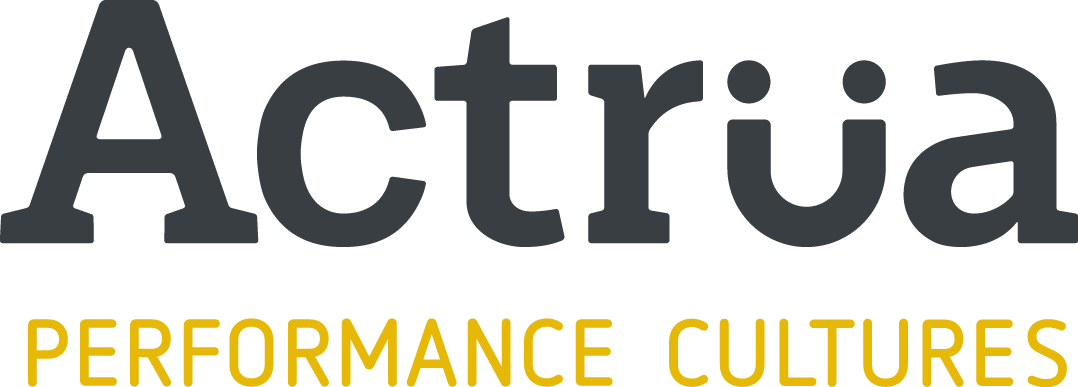Executive coach, Business coach, Fitness coach, Nutrition coach, Life coach, Neuro-coach……….. There is no doubt, the coaching industry has taken off in recent years. Once upon a time, we really only seemed to have sports coaches. They were my coaching role models as I grew up. My tennis coach even coached the New Zealand Davis Cup team. It would be fair to say that New Zealand is more renowned for their all-conquering All Black rugby team, than their tennis team. Though I am reliably informed by Wikipedia that the Kiwis did make the World Group Semi-Final once.
My purpose in writing this article is to consider some of the key benefits of coaching and identify some of the key success factors in achieving a great outcome through coaching. I’m a big fan of coaching and have seen coaching achieve some wonderful results. I am also aware that with the proliferation of coaching, there is plenty of healthy scepticism regarding its value and effectiveness.
I’m a pragmatist, so I tend to have a leaning to practical applications and how things work in the real world. The beauty of coaching is that it can take many forms, including leadership coaching, sports coaching and manager as coach. The different types of coaching can vary significantly in application, but ultimately share the same goal, which is to support the learner to develop and grow. Rather than feel that one form of coaching is more effective than another, the way I have reconciled the differences is to think of coaching as representing a continuum and understand that one thing is for sure – one size does not fit all.
At one end of the coaching continuum we have “coaching in the moment”. This is typically filled by the role of manager as coach. It can be a fleeting moment, but an immense amount of difference can be made by taking that one moment and turning it into a learning opportunity. At the other end of the continuum we have what is commonly referred to as Executive Coaching. It may, or may not, involve some form of feedback instrument such as a 360 tool. The process will have some structure and ideally the executive coaching relationship will run over a number of months and will involve multiple, regular interactions with the coach. We can see how both ends of this continuum are very different, but they are both a form of coaching and can add a lot of value in the right situation.
Within this continuum, coaching can be highly effective when deployed as part of a blended learning solution. It may be as simple as a two hour one-on-one check-in by a coach following a group workshop. The purpose of the check-in can be to confirm learning, explore any queries, act as a sounding board and perhaps even hold the learner to account for specific actions. These are all actions that we would hope a good manager would do for a team member after attending a development program. But how confident are we that this always happens?
Peer Group Coaching (also known as Coaching Circles) represents another form of coaching delivery that offers excellent results. Peer Groups are formed and assigned a coach who facilitates a strong methodology to support the group. Group members bring their own challenges to the group, who help to explore the issue and offer potential solutions. Coaching Circles can be conducted in the workplace, are time efficient (approximately half day) and work on real problems as they are occurring in the workplace.
We are all aware of this VUCA (volatile, uncertain, complex and ambiguous) world we are living and working in. The challenges of leadership are becoming more difficult. Yet, we have less time and resources to invest in our own development or the development of others. It is because of this context that I feel coaching has come of age. Coaching is the ideal agile solution. It can be delivered at a time and place that suits the need of the learner. It is all about the learner, so it should be targeted at addressing their development needs. A focussed, timely solution will generate higher value and be cost effective. Effective coaching solutions will generate employee engagement, performance improvement and business productivity.
Through my experience, discussion with others and also review of the coaching literature, here is what I believe are the top 5 key success factors for a great coaching result.
#1 – Coachability
The person (learner, coachee – whatever you prefer to call them) is engaged and participating in the process because they want to. They understand the WIFM (What’s in it for them) and are ready and committed to work with a coach.
Coaching is not the preferred solution to address under-performance, particularly when the under-performance is due to behavioural issues. Performance counselling or skill based development may be required.
#2 – The Coaching Relationship
Effective coaches will focus on building a strong rapport and establishing trust. The more involved the coaching relationship, the greater the level of relationship and trust that is required to be able to discuss the important issues. However sometimes the chemistry just doesn’t work for whatever reason and that must be called early.
#3 – Clear Purpose
A clear purpose is important to coaching success. Specific goals and outcomes will normally be defined by the participant, with the support of the coach, during the process. In my experience, coaching relationships can drift if the purpose is unclear and there is no agreed time-frame. A program of 9 to 12 months may be required at a senior executive level to initially build the relationship and trust that can lead to real, sustaining change.
#4 – Engages the mind and the heart
To truly change behaviour requires a strong appreciation of the psychological factors that influence our beliefs, behaviours and concept of self. Even the shortest forms of coaching, such as the manager coaching in the moment, should be underpinned by the latest development in neuroscience. For instance, David Rock’s work (refer SCARF model) on how we perceive rewards and threats is invaluable.
#5 – One size does not fit all
I was asked by someone recently about the coaching methodology we use at Actrua. I had to think about that and I responded with a very pragmatic answer. It depends. When I think about some of the great coaching solutions we deliver, they vary quite markedly. Individual executive coaching, whole leadership team coaching, safety leadership, coaching the coaches. There are many contextual and environmental factors that influence the approach to coaching. What is the purpose? Is it part of a larger program or business strategy? One size does not fit all.







